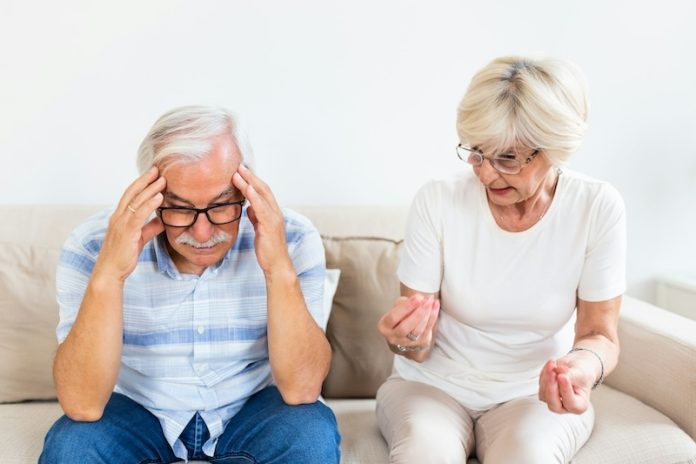
A stroke can happen suddenly and without warning, but the faster it’s treated, the better the chances of recovery.
A stroke occurs when blood flow to the brain is interrupted, either because of a blocked artery or a burst blood vessel.
When this happens, brain cells begin to die within minutes, making it a medical emergency. For older adults, recognizing the signs of a stroke is especially important because age is one of the biggest risk factors.
While some symptoms are well known, others can be subtle and easy to overlook. Knowing these signs could save a life—possibly your own or someone you love.
The most well-known signs of stroke can be remembered with the acronym FAST: Face drooping, Arm weakness, Speech difficulty, and Time to call emergency services. These symptoms happen because the brain isn’t getting enough oxygen and nutrients to function properly.
For example, someone having a stroke might suddenly have one side of their face droop or feel numb. They may be unable to lift one arm or might slur their words. These classic signs are serious and require immediate attention, but they’re not the only ones to watch for.
In some cases, strokes can cause less obvious symptoms that people might dismiss or misunderstand. Sudden dizziness, confusion, or trouble understanding speech can be signs of a stroke.
A person might feel disoriented or struggle to find the right words, even if they’re usually clear-headed. Vision problems, such as blurred or double vision, or even losing vision in one eye, can also occur during a stroke.
Research has shown that these symptoms are more common in strokes that affect the back of the brain, an area responsible for vision and balance.
Another overlooked sign is sudden, severe headache. While not all headaches are a cause for concern, a headache that comes on very quickly and feels worse than any you’ve had before could signal a stroke, particularly if it’s accompanied by nausea, vomiting, or neck stiffness.
This is more typical in hemorrhagic strokes, which occur when a blood vessel in the brain bursts.
Unexplained weakness or numbness, especially if it happens on one side of the body, can also be a red flag. This weakness might not be limited to the face or arms; it can affect the legs, making it hard to walk or stay balanced.
Sudden difficulty swallowing, known as dysphagia, can also occur, which might cause coughing or choking when eating or drinking.
Understanding the risk factors for stroke can help you stay alert to these signs. High blood pressure, diabetes, smoking, obesity, and a sedentary lifestyle are all major contributors to stroke risk.
A history of heart disease or atrial fibrillation (an irregular heartbeat) also increases your chances of having a stroke. Recognizing these risks can motivate lifestyle changes, such as eating a healthy diet, staying active, and managing chronic conditions, to reduce your risk.
Research has found that about 80% of strokes are preventable with healthy lifestyle choices and regular medical care. However, if a stroke does occur, acting quickly is critical. Brain cells die rapidly during a stroke, and every minute without treatment increases the risk of permanent damage.
Getting to the hospital within the first few hours of symptoms can make a huge difference, as treatments like clot-busting medications or surgery are most effective early on.
In summary, strokes often come with clear warning signs like face drooping and slurred speech, but they can also present with subtler symptoms like dizziness, confusion, or vision problems. Learning these hidden signs could mean the difference between life and death.
If you or someone around you experiences any of these symptoms, don’t wait—call emergency services immediately. Fast action saves lives, and being informed is the first step in protecting yourself and others from the devastating effects of stroke.
If you care about stroke, please read studies that diets high in flavonoids could help reduce stroke risk, and MIND diet could slow down cognitive decline after stroke.
For more health information, please see recent studies about antioxidants that could help reduce the risk of dementia, and tea and coffee may help lower your risk of stroke, dementia.
Copyright © 2025 Knowridge Science Report. All rights reserved.



